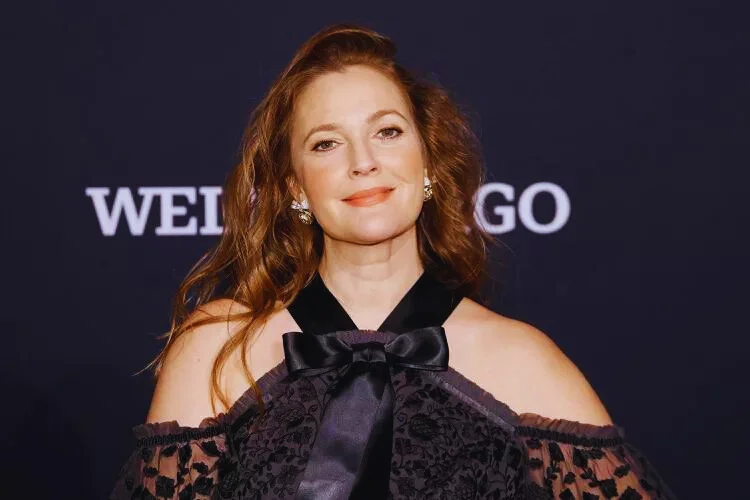


In a surprising turn of events, Drew Barrymore has decided to put the brakes on the premiere of “The Drew Barrymore Show” until the storm of Hollywood strikes blows over. This decision marks a significant U-turn from her earlier stance when she initially chose to forge ahead with production despite the Writers Guild of America (WGA) and SAG-AFTRA actors’ union strikes.
The renowned actress, now 48, made the announcement via her Instagram account last Sunday, where she revealed her intention to “pause” the premiere of her talk show. This comes on the heels of a now-deleted video she posted earlier, reiterating her original decision to proceed with production.
Barrymore expressed her reconsideration in a heartfelt statement, stating, “I have carefully listened to everyone, and I have decided to postpone the show’s premiere until the strikes have concluded. I am at a loss for words to convey my deepest apologies to anyone I may have offended, especially our extraordinary team, which has played an instrumental role in shaping the show to its current stature. We genuinely explored ways to move forward.”
She concluded her statement with a plea for a swift resolution for the entire entertainment industry.
In response, a spokesperson from CBS Media Ventures issued a statement, expressing their support for Barrymore’s decision to halt the show’s return, acknowledging the complexities and challenges she faced in making this choice.
Drew Barrymore, the show’s host since 2020, faced substantial backlash for reviving the program amidst the ongoing strikes. In a statement on September 10th, she had initially defended her decision, citing her previous experience with striking, saying, “I chose to step away from the MTV Film and Television Awards because I was the host, and it conflicted directly with the strike’s concerns, which were studios, streamers, film, and television.”
Highlighting that the show’s third season had wrapped up production on April 20th, before the WGA strike commenced in May, Barrymore took ownership of her decision, vowing not to discuss or endorse any film or television content affected by the strikes.
She emphasized that the show transcended her own persona, expressing her desire to provide the same unifying and sense-making experience that writers excel at delivering.
However, the Writers Guild of America, East, swiftly responded on social media, proclaiming their intention to picket “The Drew Barrymore Show,” classifying it as “struck” work.
On Friday, Barrymore posted another now-deleted video on Instagram, wherein she tendered an apology and reiterated her reasons for proceeding with the new season. In the emotionally charged video, she addressed the criticism she had faced, acknowledging the complexity of the situation, and expressing her sincere intentions to avoid causing harm.
She admitted that there was likely nothing she could say or do to please everyone at that moment, and she wanted to take full responsibility for her actions. She justified her decision to continue the show by emphasizing its impact on the livelihoods of the production team and its role in providing solace during challenging times.
She noted that the show had initially launched during the pandemic, and she believed that maintaining production during the strikes was another way for it to offer support in times of adversity.
The WGA strike has been ongoing since May 2nd, stemming from the Guild’s inability to reach an agreement with the Alliance of Motion Picture and Television Producers (AMPTP) before the previous contract expired. The writers are advocating for increased pay, minimum staffing requirements, residuals from streaming, and the regulation of Artificial Intelligence (AI) usage, among other key issues.
SAG-AFTRA, led by President Fran Drescher, joined the writers on the picket line on July 14th. Actors, too, seek higher pay and residuals from streaming, as well as protection from the expanding use of artificial intelligence (AI) in creative works. This dual strike marks the first since 1960.